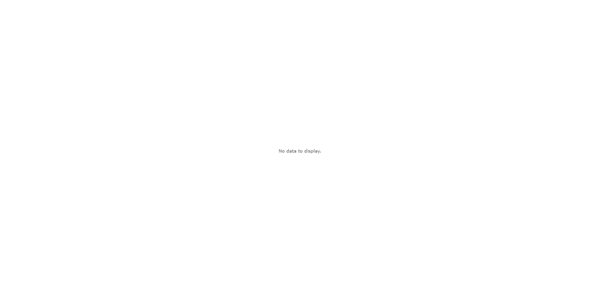As the severity of the COVID-19 pandemic increased, the safety of ablative resurfacing lasers, micro-needling, and dermatological surgery procedures became questionable. Additionally, a slowing economy and reduced discretionary spending discouraged customers from undergoing expensive cosmetic treatments, which imposed practical restrictions on the market. Mobile messaging and video consultations play a key role in maintaining continuity in aesthetic and dermatological practices. Teledermatology has certainly been a great strength for dermatologists and cosmetic practitioners alike.
Certain factors driving the market growth include the growing obese population, increasing awareness regarding aesthetic procedures, rising adoption of minimally invasive devices, and technological advancements in devices.
According to the article, 'Forecasting the Populations of Overweight and Obese Chinese Adults,' published by the National Institute of Health 2020, the prevalence rate of the obese population in China is estimated to increase for both sexes across geographic areas by 2030. According to the same source, by 2030, approximately 50.7% of urban males will be affected by obesity, and the overweight population (aged between 20-89 years) in China is estimated to reach 540 million.
Additionally, the Chinese population has high levels of interest in undergoing aesthetic procedures in a bid to look beautiful. This was evident in a survey conducted in 2019 by Shanghai Jiao Tong University, Shanghai, China. Conducted on 596 Chinese aesthetic practitioners, this survey found that Chinese aesthetic practitioners preferred a straight and small nose, a heart/inverted triangular facial shape with a reduced lower face height, as well as lips that are full medially and taper off laterally with well-defined borders and Cupid's bow.
New technologies are being developed and introduced into the market, including laser, dynamic pulse control, radiofrequency, and infrared technologies for cosmetic procedures. For instance, in October 2020, TensCare, the UK-based startup, entered the Chinese market through a partnership with Alibaba Group's TMall Global. TensCare is a beauty brand that offers aesthetic devices such as nail cleaning laser devices. Thus, all these developments in the market, along with the high demand for aesthetic procedures in China, are the factors anticipated to propel market growth over the forecast period.
China Aesthetic Devices Market Trends
Dermal Fillers and Aesthetic Threads Expected to Account for Major Market Share Over the Forecast Period
Dermal fillers, also known as soft tissue fillers or wrinkle fillers, are medical device implants that help create a smoother appearance in the face, including nasolabial folds, cheeks, and lips, and help increase the volume. These injectable fillers contain materials like hyaluronic acid or collagen, which give the skin's appearance a boost. Aesthetic threads are medical sutures that are injected using a needle underneath the skin to lift and rejuvenate the skin. Along with other cosmetic procedures, fillers and threads have become popular nowadays due to their various advantages.Due to the increase in China's geriatric population and people's desire to look younger, the market studied is experiencing rapid growth. Moreover, new products are also being launched in the market to cater to the increasing demand. For instance, in 2020, Aesthetic Medical International Holdings Group Limited, based in China, also launched the Four Beauties, a new set of hyaluronic acid-based skincare products.
Many clinical trials are also being conducted in China regarding dermal fillers. This is expected to boost market growth as approval of these products would lead to their market launch. For instance, in July 2020, LG Chem launched a confirmatory clinical trial of YVOIRE Y-Solution, its premium-grade injectable hyaluronic acid filler, in China. Additionally, in August 2020, Allergan announced that the company's Juvéderm VOLUX, an injectable dermal filler, started to scale-up usage and clinical data collection in the Hainan Boao Medical Pilot Zone. Thus, the above factors are expected to influence the market's growth.
China Aesthetic Devices Industry Overview
The Chinese aesthetic devices market has rapidly evolved over the past decade. The industry has observed drastic changes in terms of market strategies, such as product developments, mergers, and acquisitions, in recent years. Thus, the Chinese aesthetic devices market has become a very competitive industry.Additional Benefits:
- The market estimate (ME) sheet in Excel format
- 3 months of analyst support
This product will be delivered within 2 business days.
Table of Contents
Companies Mentioned (Partial List)
A selection of companies mentioned in this report includes, but is not limited to:
- Sisram Medical Ltd (Alma Lasers)
- Lumenis Inc.
- Candela Corporation
- Bausch Health Companies Inc.
- Merz Pharma GmbH & Co. KGaA
- Nestle Skin Health (Galderma Laboratories)
- Medytox Inc.
- Sinclair Pharma PLC
- Abbvie Inc. (Allergan Inc)
- Cutera Inc.









